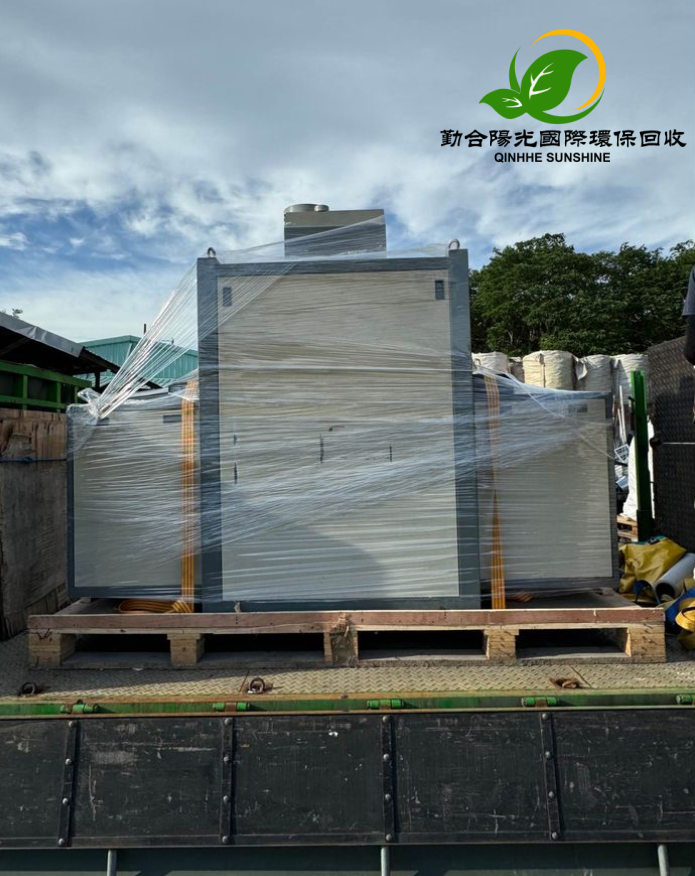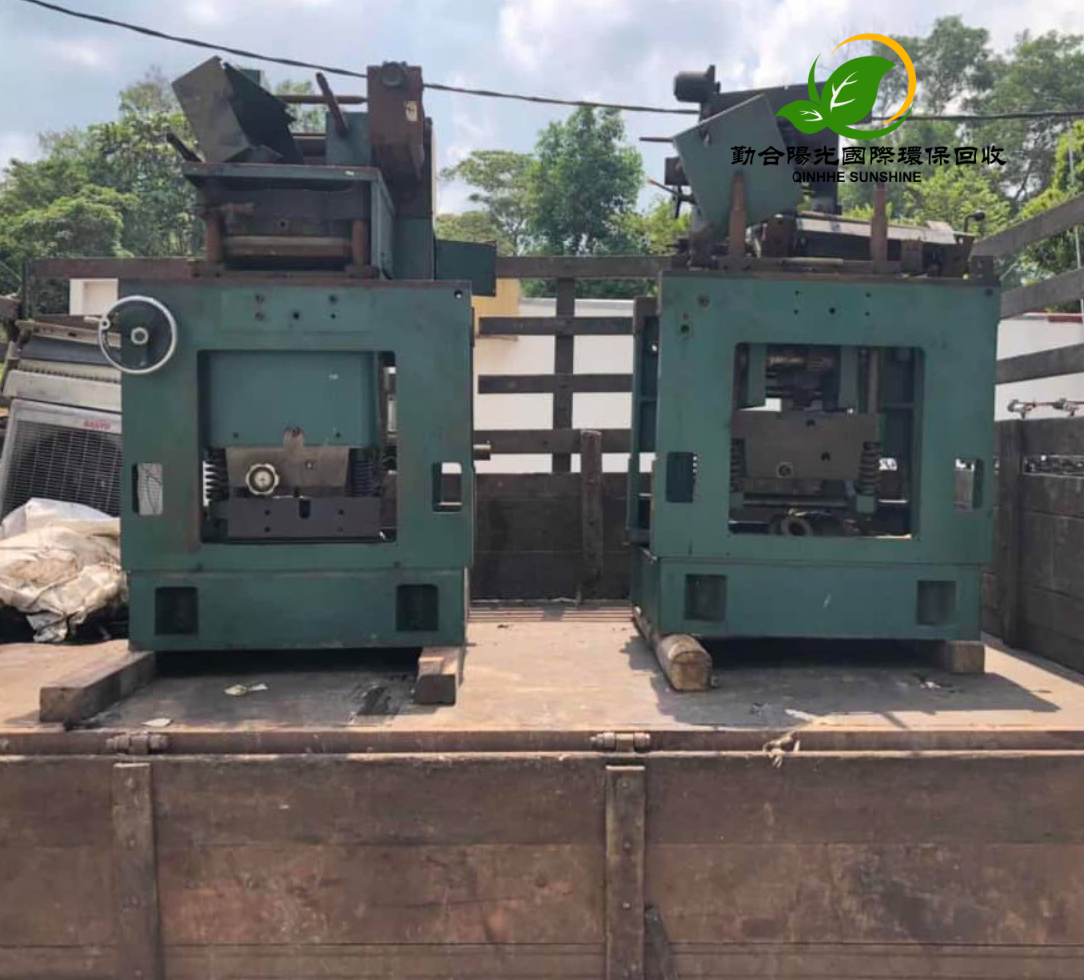Scrap Equipment Recycling: A New Engine for the Circular Economy
In today's era of accelerating renewal and replacement of industrial equipment, scrap equipment recycling has become an important force in promoting the development of the circular economy. Every year, a large number of phased-out industrial equipment contains huge resource value. Through scientific recycling and utilization, it can not only reduce resource waste but also create new economic growth points. From simple equipment disassembly to refined resource regeneration, scrap equipment recycling is opening a new chapter in the circular economy.
I. Current Situation and Challenges of Scrap Equipment Recycling
The number of industrial equipment reaching the end of its service life continues to grow, covering multiple fields such as machinery manufacturing, electronics and electrical appliances, and transportation. These equipment contain a large amount of recyclable materials such as metals and plastics. However, the current recycling rate is still at a relatively low level, and the phenomenon of resource waste is serious.
Recycling technology faces multiple challenges. There are problems such as low efficiency and secondary pollution during the equipment disassembly process. Especially for equipment containing hazardous substances, professional treatment technology is required. The insufficiency of material separation and purification technology also restricts the improvement of resource recycling efficiency.
The lack of a management system is an important obstacle to the development of the industry. Many enterprises lack a systematic scrap equipment management system, and there are loopholes in the entire process, from the identification of equipment scrapping, the selection of recyclers to the supervision of the treatment process. This leads to a large amount of recyclable resources flowing into informal channels, increasing environmental risks.
II. Construction of the Scrap Equipment Recycling System
Establishing a scientific evaluation system is the foundation of recycling work. Through professional evaluation, determine the remaining value and service life of the equipment, and formulate a reasonable recycling plan. This requires the establishment of unified evaluation standards and a professional evaluation team.
Standardized management of the recycling process is of vital importance. From equipment scrapping, disassembly to material recycling, strict operating specifications need to be established for each link. Through information technology, achieve full-process traceability to ensure the standardization and transparency of recycling work.
The construction of the recycling network requires multi-party cooperation. Enterprises can cooperate with professional recycling institutions and scientific research institutes to establish a recycling network covering the entire life cycle of the equipment. By sharing resources and technologies, the overall recycling efficiency can be improved.
III. Value Creation of Scrap Equipment Recycling
The economic benefits are remarkable. Through efficient recycling and utilization, enterprises can reduce equipment renewal costs and create new sources of income. Some enterprises have developed scrap equipment recycling into an important profit growth point through innovative recycling models.
The environmental benefits are outstanding. The recycling and utilization of equipment reduce the environmental load brought by resource extraction and waste treatment, and reduce energy consumption and carbon emissions. This directly improves the environmental performance of enterprises and enhances their market competitiveness.
The social benefits are extensive. Scrap equipment recycling promotes the development of the circular economy, creates employment opportunities, and drives the progress of the environmental protection industry. All these will be transformed into the social capital of enterprises, enhancing brand value and market influence.
Scrap equipment recycling is an important starting point for the development of the circular economy. By constructing a scientific recycling system, it is possible not only to achieve efficient utilization of resources but also to create significant economic and social values. In the future, with technological progress and industrial upgrading, scrap equipment recycling will play a greater role in promoting sustainable development. This requires the joint efforts of enterprises, the government, and society to promote the recycling industry to develop towards specialization and intelligence, providing strong support for the development of the circular economy.
香港回收销毁免费咨询热线:13377641657,我的WhatsApp:69536972-郵箱:martin.hyq88@gmail.co,香港电话:00852-69536972,期待您的来电,共同开启环保与价值并存的新篇章!


 繁體中文
繁體中文 简体中文
简体中文 English
English




 咨询热线
咨询热线 公司邮箱
公司邮箱 地址导航
地址导航

